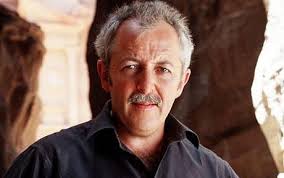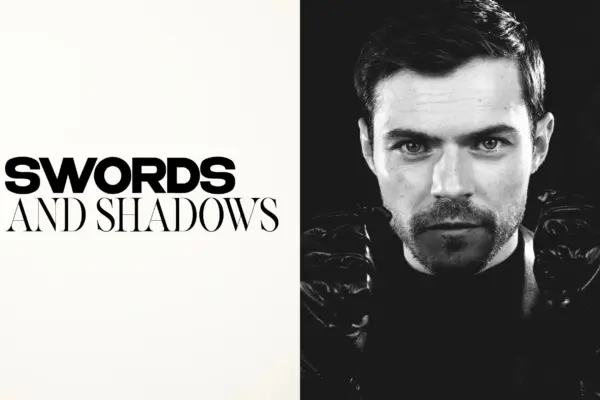
Introduction
Jeremy Bowen, the BBC’s Middle East editor, has been a key figure in the field of journalism for over three decades. Not only is he known for his in-depth reporting and analysis of the tumultuous political landscape in the Middle East, but he has also gained recognition for his ability to bring complex issues to the forefront of public awareness. In recent times, his insights have become increasingly relevant, especially as global attention turns to the ongoing conflicts and humanitarian crises in the region.
Career Highlights
Bowen’s career with the BBC began in 1984, and since then, he has reported from over 70 countries. Notably, he has covered significant events such as the Gulf War, the Arab Spring, and the Israeli-Palestinian conflict, often immersing himself in the front lines of conflict. His work as the Middle East editor reflects a deep understanding of the cultural and sociopolitical dynamics that shape this volatile region. In 2023, Bowen made headlines for his reporting on the escalation of violence in Gaza and the ongoing humanitarian tragedies affecting civilians, providing a nuanced perspective that challenges common narratives.
Recent Events and Contributions
In recent weeks, Jeremy Bowen’s reports from the Gaza Strip have garnered widespread attention, offering viewers not just updates on the situation but also personal stories that highlight the human cost of conflict. His live broadcasts and social media updates provide a real-time look at the struggles faced by ordinary citizens caught in the chaos. Bowen’s commitment to ethical journalism is evident in his efforts to remain impartial while shedding light on the complex factors influencing regional peace and stability. His work emphasizes the necessity of a well-informed public to foster a deeper understanding of the ongoing issues in the Middle East.
Conclusion
As our world becomes increasingly interconnected, the role of journalists like Jeremy Bowen becomes more crucial. His reporting not only informs audiences about current events but also contributes to broader discussions about peace, justice, and the importance of empathy in understanding global conflict. Looking ahead, Bowen’s insights will likely continue to guide public discourse on the Middle East, reinforcing the vital connection between informed journalism and societal awareness. For readers seeking to understand the complexities of one of the world’s most contested regions, Bowen’s work remains an invaluable resource.
You may also like

The Journey of Chris Mason: A Prominent Broadcaster in the UK

Stephen Colbert: Revolutionising Late Night Television
